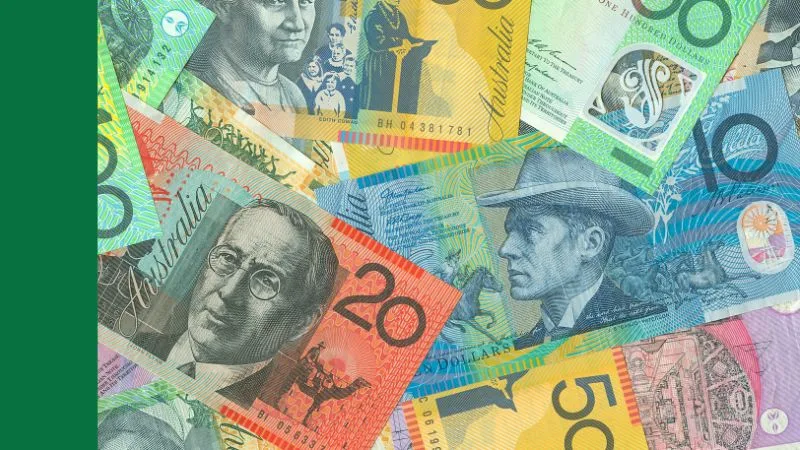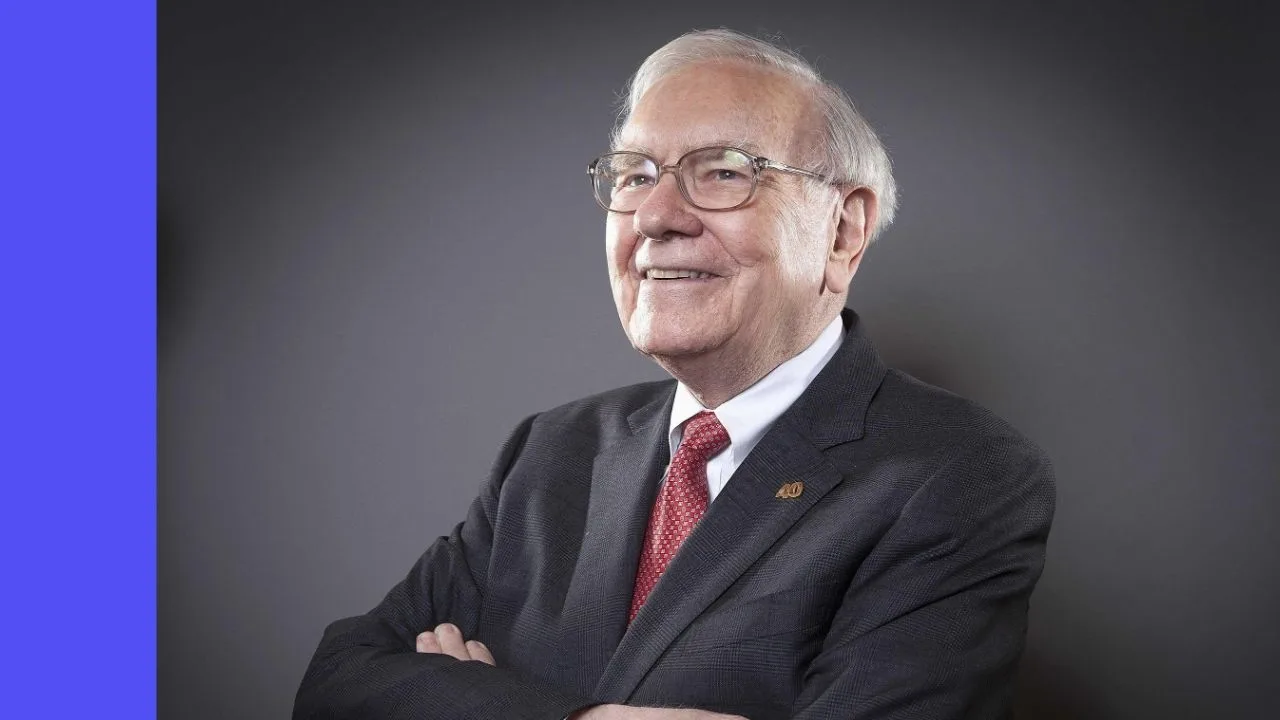Qantas (ASX: QAN) has announced a very big capital raising this morning. It’s asking investors for $1.9 billion.
What is Qantas?
Qantas is Australia’s most popular airline. It was founded in the Queensland outback in 1920, the Qantas name was originally Queensland and Northern Territory Aerial Services. The company operates two main airlines – Qantas and Jetstar – and subsidiary businesses including other airlines, businesses in specialist markets such as Q Catering, Qantas Freight Enterprises and the popular Qantas Frequent Flyer program. It employs some 30,000 people with around 93 per cent of them based within Australia.
Why is the airline raising $1.9 billion?
Qantas wants to raise up to $1.9 billion for two reasons. It said it wants to use the money to accelerate its recovery and position it for new opportunities.
Around $1.4 billion will be raised from a fully underwritten institutional placement and up to $500 million in a non-underwritten share purchase plan.
The issue price for the new shares from the placement is $3.65. This is a 12.9% discount to the last traded price of $4.19. The new shares will amount to an increase of around 25% of the shares on issue.
What is the Qantas plan?
Qantas outlined a three year strategy to guide its recovery and return to growth.
It plans to ‘rightsize’ its workforce, fleet and other costs according to demand projections, with the ability to scale up as flying returns. It plans to restructure to deliver ongoing cost savings and efficiencies across its operations.
Costs will be reduced by $15 billion during this three year period of lower activity with $1 billion of ongoing cost savings per year from FY23.
Around 100 aircraft will be grounded for up to 12 months, some will be grounded for longer.
There is going to be a large number of job losses across Qantas and Jetstar. The airline will reduce the pre-crisis workforce by at least 6,000 roles across all parts of the business. It will continue to stand down the 15,000 employees, particularly those associated with international operations until flying returns. Qantas is going to retire the six remaining 747s immediately, six months ahead of schedule.
Summary
This was clearly a painful decision, but necessary. Qantas will have $4.6 billion of liquidity after the underwritten placement is done.
There are not going to be as many passengers flying for some time, particularly if countries ban certain passengers from places like the US where COVID-19 has hit badly.
Qantas is positive about the domestic market as states start to open up again. This was sadly the right thing to do if Qantas thinks it’s necessary, but it’s painful for shareholders and staff alike. I’m not sure if I’d want to take part because the shorter-term future of flying is uncertain. The Melbourne to Sydney route is key for traffic, but Melbourne is seeing rising cases again.
[ls_content_block id=”14945″ para=”paragraphs”]
Disclosure: At the time of writing, Jaz doesn’t own shares in any of the businesses mentioned.










